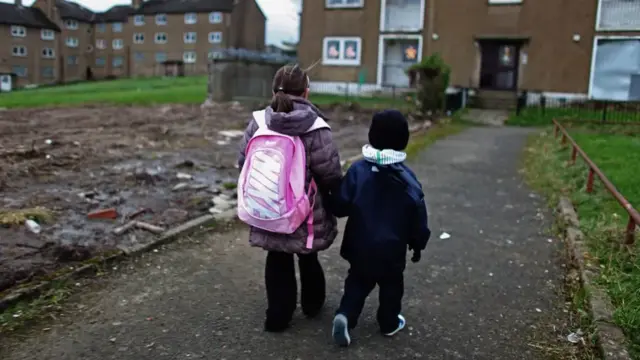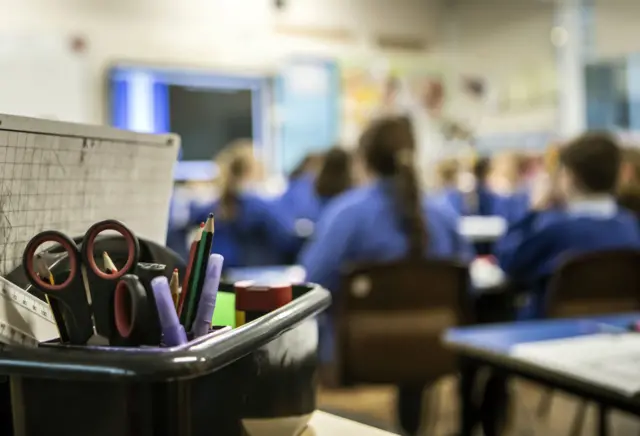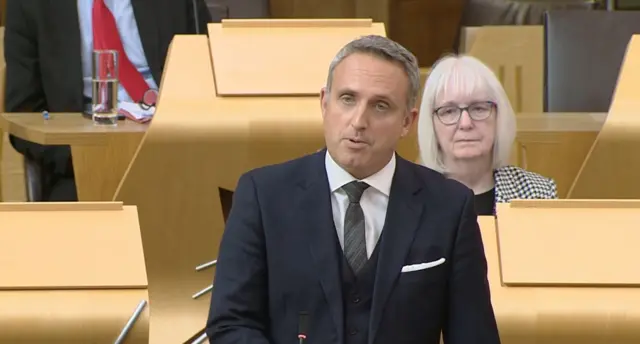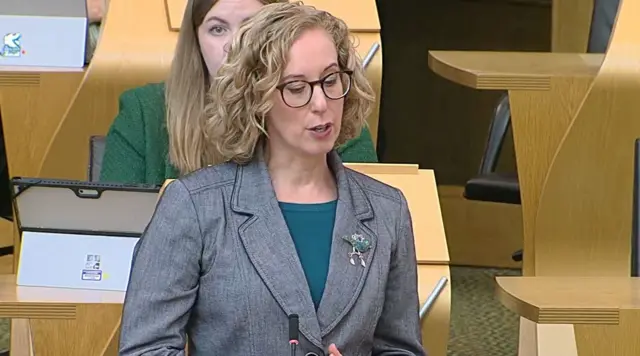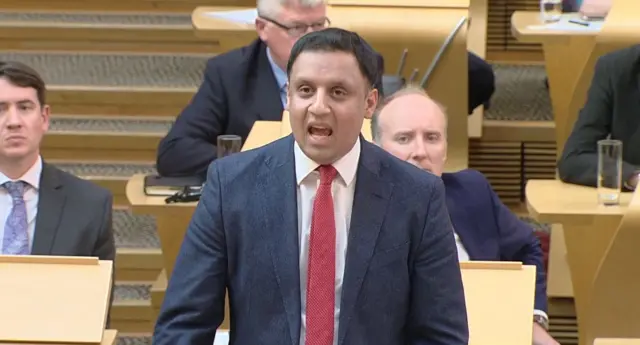The key pointspublished at 17:30 BST 4 September 2024
Here are the key points from a busy day in the Holyrood chamber:
- John Swinney said the Scottish Parliament is “facing some of its toughest tests” in its 25-year history as he delivered his first Programme for Government as first minister.
- Swinney said eradicating child poverty was “first and foremost” in his priorities as he announced a £1bn investment in affordable, high-quality early learning and child care.
- The first minister announced a £600m investment in affordable housing, plus another £100m in building about 2,800 mid-market rent homes.
- Rent controls will also be progressed at stage two of the Housing Bill.
- Two green freeports and two new investment zones will be created, with the Techscaler startup programme expanded to make Scotland “attractive to investors”.
- Swinney announced work to dual the A9 between Tomatin and Moy would begin before the end of the year.
- Funding to reduce NHS waiting lists and provide 210,000 more planned outpatient appointments will be increased, while £120m will be provided to each health board to support mental health service improvements.
- Creative Scotland will be able to keep operating its Open Fund after being allocated new resources.
- The Energy Strategy and Just Transition Plan will be published shortly, while the infrastructure to support the Acorn Carbon transport and storage project at Grangemouth will be delivered.
- A Heat in Buildings Bill will be brought forward off the back of the review of heat standard for new build homes.
- Independent advisers will be able to launch standards investigations into whether MSPs breached the ministerial code, rather than solely the FM.
- There were no announcements on drug harm policy or a ban on conversion therapy in Swinney’s speech - which drew criticism from opposition parties.
- Douglas Ross argued the SNP had lost control of Scotland's budget, while Anas Sarwar accused the government of having no vision or plan.
- A total of 14 bills will be introduced during the 2024-25 parliamentary year.
